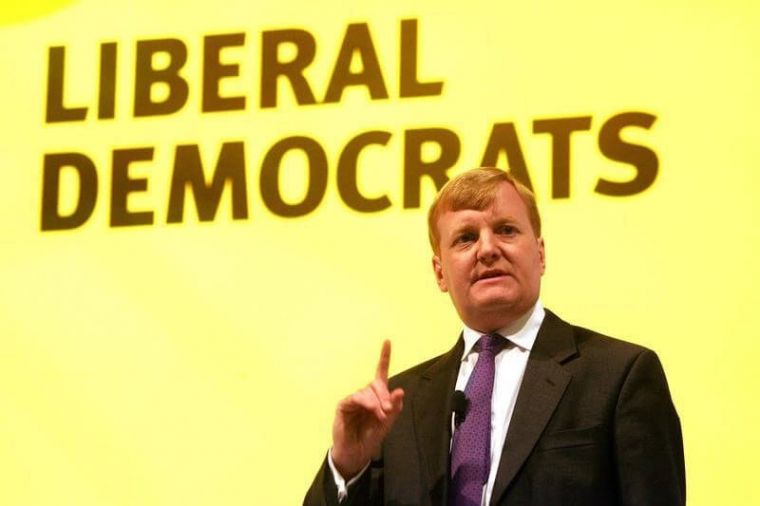David Robertson on Charles Kennedy: So much potential, so much good, and yet so much wasted

It was March 26, 1981. The phones rang in the rooms of a couple of young student politicians, one in Glasgow, and another in Edinburgh. "It's on – go to the venue..." and so they were in on one of the most exciting political nights in the UK, the evening the Social Democratic Party was formed. One of those young men was yours truly who then went on to stand for election as Senior President of Edinburgh University Students Association. My hope was that if I won that I would go on to stand as the SDP candidate for my home area, Ross-shire in the Scottish Highlands. I lost and went on to become the youngest minister in the Free Church aged 24. The other man was Charles Kennedy, who won his election in Glasgow and went on to become the youngest MP, aged 24, in the Westminster Parliament, ironically for the same Ross-shire seat.
Charles Kennedy came into politics at a time of great hope of change in British and Scottish politics. The SDP was a fresh force that threatened to take on both Labour and the Conservatives. Kennedy himself quickly rose to prominence. When the SDP project largely failed he urged the party, against the strong and bitter opposition of one of the original 'Gang of Four', David Owen, to unite with the Liberals and form the Liberal Democrats. In 1999 he became the leader of the Lib Dems and again things looked as though there would be a new force in British politics. In the 2005 general election they won 62 seats and Kennedy declared that the Lib Dems were the new national party of the future. With a young popular, and principled leader it looked as though the only way was up. At a personal level Kennedy had married Sarah and they had one son.
Charles Kennedy was a well-known and liked politician – as much perhaps for his appearances on programmes such as Have I got News for You as for his political speeches. He was a great speaker, humorous and humane. And he stuck to his principles. His opposition to the Iraq war, before it was fashionable to do so, could have cost him and his party a great deal.
However the promised new dawn did not arrive. Kennedy resigned as party leader in 2006, he was divorced in 2010, he lost his 'safe' parliamentary seat in 2015 and saw his party reduced to a rump of eight MPs. And today he died. I mourn his passing.
What went wrong? Now is not the time to rake over the political runes, or to analyse his much publicised drink and personal problems, which turned him into a somewhat nationally mocked figure. And now is certainly not the time for Christians (as I have sadly seen some do already) to use this opportunity to warn about the judgment to come, or the perils of the demon drink. The fact is that Kennedy's biographer, Greg Hurst, got the title of his book spot on: Charles Kennedy: A Tragic Flaw. Kennedy did have a tragic flaw but let's not have any of the sanctimonious sermonising from his fellow politicians (the spoken "I always knew he was a great guy" being backed by the silent "thankful I am not like him") or especially from Christians. We of all people should know that every one of us has a 'fatal flaw' – there is not one of us that is without sin.
The tragedy of Charles Kennedy is the tragedy of humanity – so much potential, so much good, and yet so much wasted. Today let us mourn, pray for his family and friends, and renew our efforts to bring the Flawless One to those who have the fatal flaw.
David Robertson is the moderator of the Free Church of Scotland. Follow David on Twitter.











